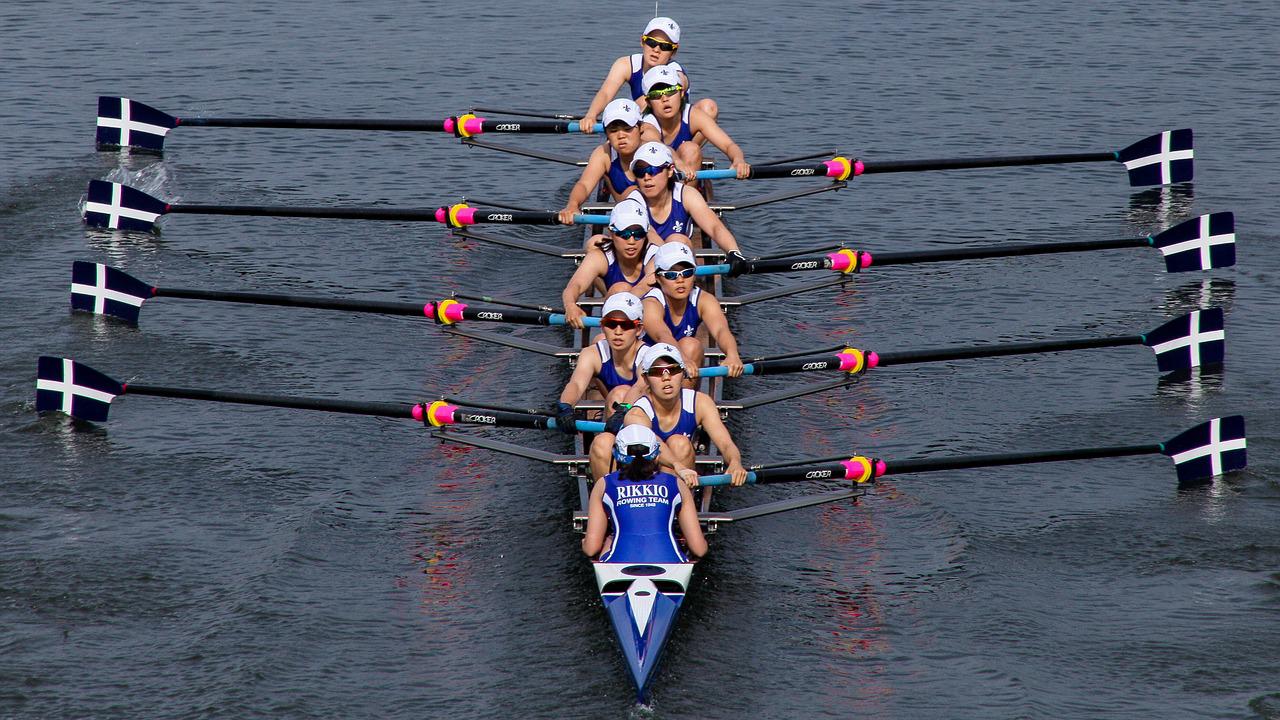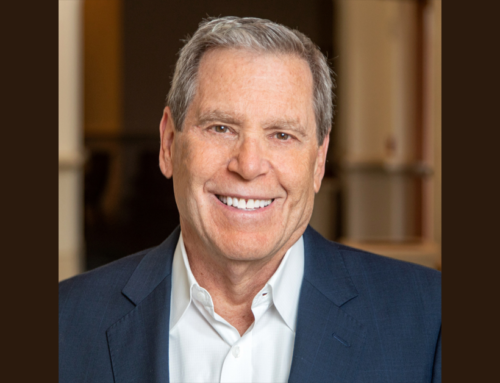You could fill multiple libraries with all the books that have been written about leadership and what makes a great leader. But at its core, great leadership can be defined in nine words.
But first, we have to make a distinction between management and leadership.
Management vs. Leadership
Management is a big component of leadership. Management is focused on “what gets done.” It’s about organizing and directing tasks that are in support of larger objectives.
Leadership is that “X” factor that propels the “what” in “what gets done” and turns it into “gets done.” Leadership gets the “what” over the finish line.
One of the best ways to explain this leadership distinction came from adventure racer and leadership consultant Jason Caldwell.
Caldwell is a world-record holder in the fastest team crossing (rowing) of the Atlantic Ocean. Speaking on the Rich Roll Podcast, Caldwell described a former rowing teammate named Don, who sat in the “stroke” or eighth seat in team rowing.
The “stroke” rower is responsible for setting the crew’s stroke rate and rhythm. It’s a crucial responsibility and the other seven rowers in an eight-person boat follow the stroke’s pace.
The eighth seat is generally regarded as being occupied by the best and most competitive rower on the team.
Interestingly, Don was not the biggest or the strongest rower on any of his teams, yet every boat Don was in, won.
The “X” Factor
The “X” factor that Don had was whenever he was in the boat, his crew worked harder. They wanted to win for themselves and for Don.
Now, there’s two ways a leader can get people to work harder. Leaders who rule by fear compel people to work harder through intimidation and retribution. You “have to” work harder or you’re fired.
Leaders like Don are the opposite. People in his crew “want to “ work harder for him. Not through compulsion but through love and respect.
What did Don do to engender this desire to “want to” work harder for him? What was his “X” factor?
“I began to understand this idea that if everybody in the boat you’re going into loves and respects you, and feels they owe you something, they will win the race for you,” said Caldwell. “Don was the guy that would row extra mileage at the end of practice because someone needed some extra work. He would always be the guy spotting you at the gym. He’d pick you up from the bars if you were out a little late and not let the coach know. He was a player’s player.”
Lou Gerstner, the legendary former CEO of IBM, added some additional color on what leadership is in a podcast with Guy Raz.
“Great leaders imbue the organization with an emotional commitment. They create passion. They create a sense of belonging, a sense of achievement, a sense of challenge,” said Gerstner.
Nine Word Definition
To me, the combination of Caldwell’s “player’s player” and Gerstner’s “humanity” define great leadership.
So, here’s the nine word definition of great leadership: When you’re in the boat, the boat goes faster.
Now, look in the mirror. What can you do to make your boat go faster?
If you’d like to explore how I can help you in your business and life plan, take a look at my coaching page.





